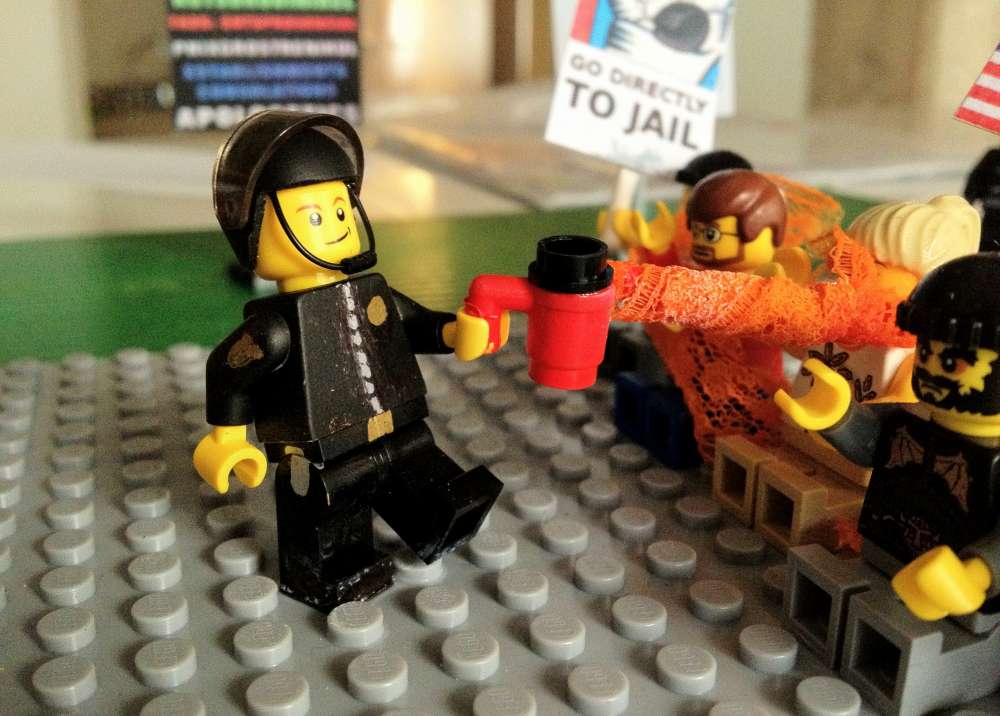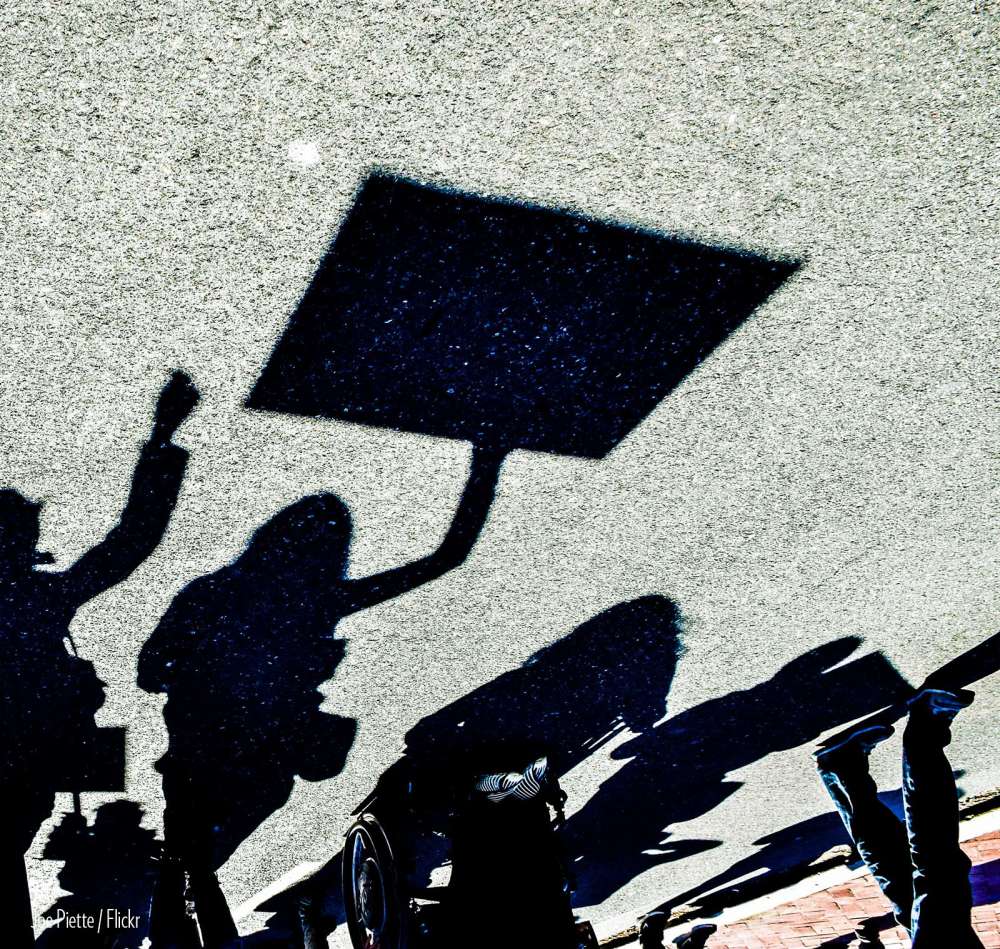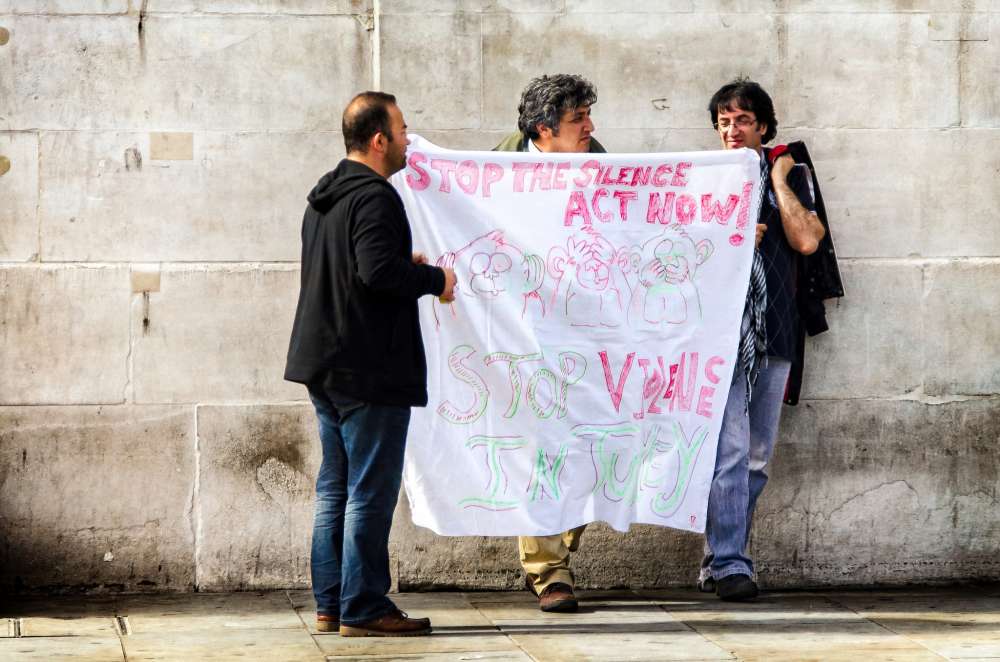New Ways to Address an Old Problem: Political Repression

The term “closing space” has become a widely embraced trope to describe contemporary challenges in the struggle for human rights. It suggests that the human rights movement confronts a global and varied, but overall very serious pushback as governments limit opportunities for civic engagement and activism.
There is no doubt that many human rights activists face threats and abuses of their rights. This is nothing new. But is political repression getting worse? Or is the human rights community becoming ensnared in an echo chamber that offers an incorrect analysis of the state of fundamental rights around the globe?
Based on a discussion of available events data, this article warns against drawing overconfident conclusions about a deteriorating trend. The limited monitoring capacity of international actors creates a bottleneck effect as we seek to understand global trends. The reported violations are not a representative sample of the type of violations that occur, and attention bias likely leads to an overemphasis of severe forms of repression, such as political imprisonment.
Instead of quibbling about just how dangerous civil society engagement is and whether or not things are getting worse, it is more important to ask: What should be done internationally in response to fundamental rights violations? And how can we best support local activists in their efforts to open closed spaces?
This article answers these questions by suggesting two fundamental shifts in emphasis: (1) from victim-focused advocacy toward perpetrator-focused advocacy; and (2) from documenting hard repression toward more documentation of soft repression.
…
This article is a contribution to the volume Rising to the Populist Challenge — A New Playbook for Human Rights Actors, written by scholars and advocates from around the world offering ideas and inspiration to their peers in the human rights community who are grappling with attacks on democracy and rights.
It was originally published by Dejusticia on April 6, 2018. The article is available for download.







